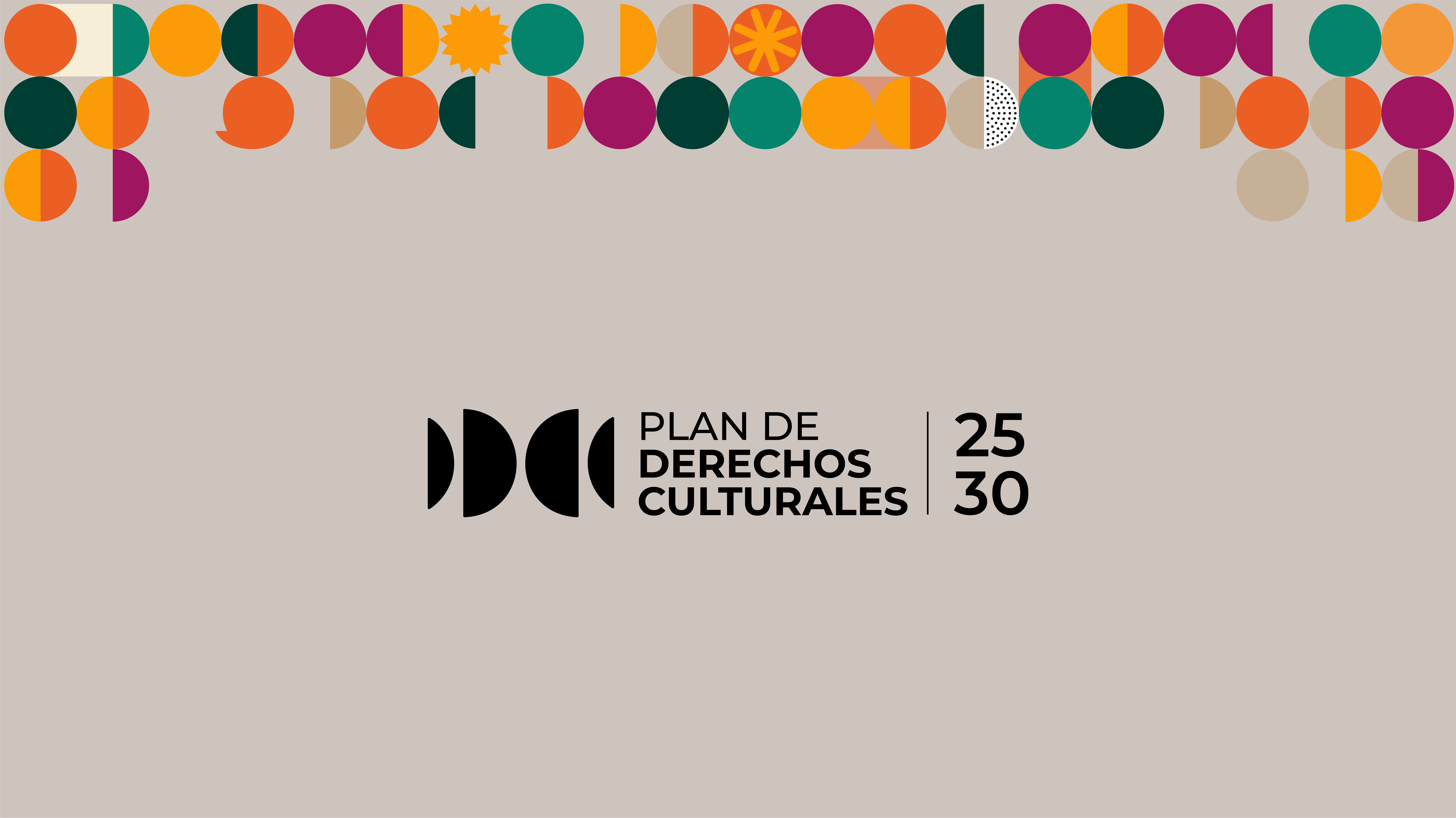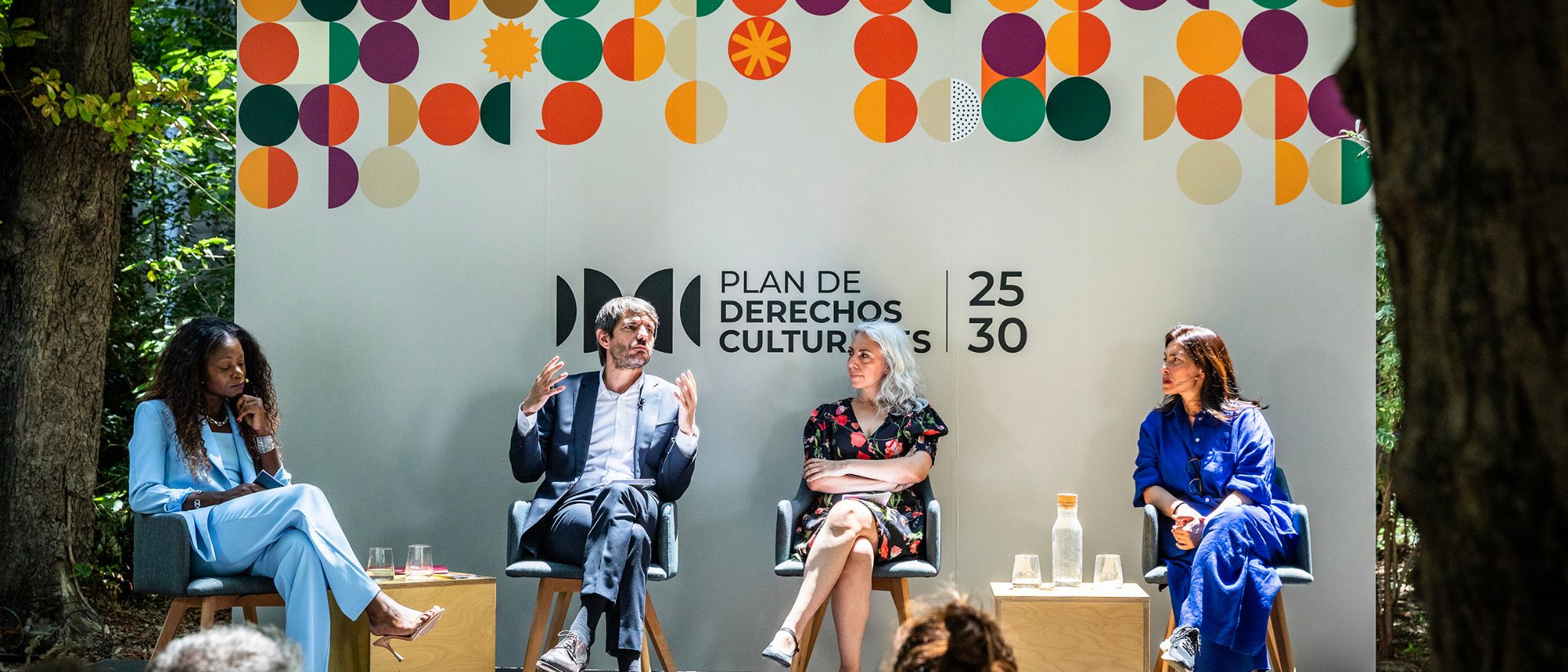MONDIACULT 2025: How Spain’s Cultural Rights Plan Can Spark Innovation in Asia–Europe

With the MONDIACULT 2025 conference on the horizon, Spain's groundbreaking Cultural Rights Plan offers a framework that places cultural rights at the core of public policy, with 146 measures and almost €80 million in funding to democratise access, participation and creative co‑creation across the country. What lessons can we harness for Asia-Europe collaborations?
Introduction: A New Paradigm for Cultural Policy in a Connected World
Globalisation and digital technologies have reshaped international relations, making culture a key element in diplomacy and economic strategy. The creative and cultural sectors (CCS) often serve as pillars of “soft power,” used in nation branding to attract global audiences and market share. However, a new paradigm is emerging: culture is increasingly recognised not just as a tool for diplomacy but as a fundamental human right.
This shift is embodied in Spain’s newly launched Cultural Rights Plan, introduced by the Ministry of Culture in July 2025 under the leadership of Jazmín Beirak and her team. Moving beyond commerce, the plan foregrounds culture as a universal right tied to individual empowerment and creativity, underpinning its participatory and cross-sectoral design. 
1. Presentation of the Cultural Rights Plan by the Ministry of Culture of Spain, a roadmap that redefines cultural policies from a human rights perspective, at the Reina Sofía National Museum © Ministry of Culture of Spain
Barcelona’s hosting of the UNESCO World Conference on Cultural Policies and Sustainable Development, MONDIACULT 2025, offers Spain a timely platform to highlight its plan. With delegates from 194 UNESCO Member States, MONDIACULT’s themes — cultural rights, digital transformation, and sustainability — align closely with Spain’s framework. This positions Spain as a leading voice in shaping global cultural policy consistent with the MONDIACULT 2022 Declaration.
The need for Asia-Europe collaboration is clear. Existing platforms like the Asia-Europe Meeting (ASEM) and Asia-Europe Foundation (ASEF) already promote cultural and intellectual exchange, underpinned by strong economic ties, with ASEAN and the EU leading global creative goods exports. Traditionally focused on diplomacy and competition, the evolving Spanish model adds a deeper, rights-based dimension, shifting dialogue toward a lasting partnership grounded in universal cultural rights.
The Foundational Pillar of Spain's Plan: A Rights-Based Approach
Spain’s Cultural Rights Plan is defined by participation and co-creation. Developed through an “unprecedented participatory and transversal process,” it involved over 300 experts — including myself — and received nearly 1,000 public proposals. This stakeholder-driven process ensures legitimacy and addresses the “value deficit” and gap between legal protections and practice highlighted in reports such as the IFACCA Dossier for MONDIACULT 2022 . It aligns with UNESCO’s call for governance grounded in transparency, participation, and evidence.
The plan’s 13 strategic pillars include gender equality, diversity, education, sustainability, and notably, digital rights. Supported by nearly €80 million in funding through 2027 and featuring 146 concrete measures, it counters global trends of reduced cultural investment, as documented in UNESCO’s Re|Shaping Policies for Creativity. Its integration of digital rights anticipates key challenges of the digital age, a major focus at MONDIACULT 2025.
By placing cultural rights — not only heritage protection or artistic promotion — at the centre of public policy, the plan also connects with Hans Joas’ theory in The Creativity of Action (1996), which sees creativity as fundamental to human action and the building of resilient, sustainable societies.
This vision of cultural rights as a driver of social and economic innovation is already taking root across Europe. Barcelona’s Cultural Rights Plan, for example, has shown how placing cultural rights at the heart of municipal policy fosters collective creativity, citizen participation, and co-creation, with tangible results in local development and social cohesion.
Broader European research — such as my 2020 study Mapping Creativity in the EU — demonstrates that countries and regions with stronger cultural rights achieve higher levels of human development, economic complexity, and systemic innovation (see: Ruiz Soria 2020; UNESCO 2022; JRC Cultural & Creative Cities Monitor 2023; UNDP 2018; UNCTAD 2018; IFACCA 2022; SeeRRI 2020). This evidence confirms that safeguarding cultural rights is a necessary condition for advanced, resilient societies capable of addressing digital transformation, sustainability, and democratic participation.
Spain’s plan also resonates with European frameworks of Responsible Research and Innovation (RRI) and transdisciplinary projects such as SeeRRI or SCALE-UP, where citizen inclusion and cultural diversity enhance sustainable and collaborative ecosystems. Moreover, experiences in cultural mediation — from ZEMOS98 in Seville to recent initiatives in Málaga, both in Spain — illustrate how culture strengthens civic innovation and social fabric through participation and creativity.
This integrative vision connects directly with the Creative Human Experience (CHx) framework, which sees cultural rights as the fertile ground where creativity, co-creation, and temporal sovereignty enable innovation, leadership, and new models of value creation for the future.
Inspiration for Asia-Europe Collaboration: Bridging Regions, Sharing Solutions
Spain’s Cultural Rights Plan offers practical, adaptable ideas that can inspire cultural policy across Asia and Europe — not as a rigid model, but as a framework for shared learning.
Participatory Governance: The plan resonates with the New European Bauhaus (NEB) principle of citizen co-creation, a transdisciplinary EU movement fostering sustainable, inclusive environments. Both demonstrate how participatory culture policy can be scaled across contexts, providing a model for Asia-Europe dialogue.
STEAM/SHAPE Integration: The Spanish plan promotes integrating arts and creativity into education — through STEAM (Science, Technology, Engineering, Arts, and Mathematics) and SHAPE (Social Sciences, Humanities, and the Arts for People and the Economy) — linking artistic/humanistic disciplines with technology and science. This approach elevates arts from an add-on to a core driver of critical thinking, aligning with NEB goals.
Evaluation and Evidence-Based Policy: A cornerstone of Spain’s plan is rigorous evaluation using international frameworks such as UNESCO’s culture and sustainable development indicators. This responds to calls by IFACCA for improved metrics assessing the cultural sector’s social and economic impact. The plan’s commitment to data-driven policies offers a model for Asia-Europe joint efforts.
Addressing Shared Challenges
Comparing Spain’s plan with policies elsewhere reveals common challenges tackled through diverse methods.
Spain’s comprehensive, state-led framework centres culture as a human right, emphasising inclusion, participation, and creativity at society-wide levels. In contrast, Japan’s cultural policy, grounded in heritage protection laws and sector-focused programmes, prioritises safeguarding cultural assets and promoting arts through decentralised, often civil society-led initiatives — such as those by The Nippon Foundation and the Sasakawa Peace Foundation. While Japan does not yet have a unified rights-based cultural policy comparable to Spain’s, both countries offer valuable, complementary approaches reflecting their histories and contexts.
In digital transformation, Spain’s focus on “digital rights” and “cultural mediation” addresses culture’s human dimension in the digital era. Singapore’s Smart Nation initiative emphasises leveraging technology for efficiency and economic growth. Mutual learning is possible, where Europe benefits from Asia’s technical expertise, and Asia gains from Spain’s rights-based, people-centred approach to technology and culture.
Furthermore, Spain’s plan aligns closely with Agenda 2030 and the Sustainable Development Goals, highlighting culture’s transversal role in sustainability. This echoes international calls from bodies like IFACCA and UNESCO to fully integrate culture into sustainable development, recognising its broad social, economic, and environmental significance.
Together, these perspectives offer a rich basis for Asia-Europe cultural collaboration.
MONDIACULT 2025: A Platform for Global Dialogue
MONDIACULT 2025 in Barcelona represents a critical forum for shaping global cultural policy. Building on the 2022 MONDIACULT Declaration, which calls for culture as a “global public good” and a standalone goal post-2030, the conference focuses on cultural rights, digital transformation, and peace.
Spain’s leadership builds on a tradition of cultural diplomacy, evolving from “soft power” toward a rights-based, cross-sectoral model. The Cultural Rights Plan positions Spain as a global leader defining a more equitable, resilient cultural policy model.
Asia-Europe cooperation has significant potential to shape this agenda. Existing frameworks like ASEF and ASEM provide institutional foundations, while Spain’s plan offers a concrete framework to guide collaboration. By focusing on shared, rights-based priorities, the regions can jointly advocate for culture’s central role in the post-2030 global agenda.
Conclusion
Spain’s Cultural Rights Plan is a landmark shift in cultural policy, recognising culture as a fundamental human right and driver of creativity, innovation, and sustainable development. Its participatory, transversal, and evidence-based approach provides a powerful policy model.
For Asia and Europe, this framework charts a new path for cooperation — through participatory governance, integrating arts and humanities, and rigorous evaluation. MONDIACULT 2025 in Barcelona offers an ideal platform to showcase this momentum, demonstrating culture’s power as a universal right and a catalyst for a more creative, inclusive, and sustainable world.
Cover Image: Spain Cultural Rights Plan © Ministry of Culture of Spain
About the Author
Antonio Carlos Ruiz Soria is a strategic economist and innovation leader with over 15 years of experience in the creative economy and sustainable transformation. He is currently serves as EU Project Manager at the Technological Corporation of Andalusia (CTA) and as a UNESCO expert on cultural indicators for the 2030 Agenda. Antonio Carlos is also the author of the Creative Human Experience (CHx) framework and the founder of Economía Creativa (2010 –2023). A frequent speaker at international conferences, he contributes to leading media on creativity, cultural policy, innovation, and sustainability.
